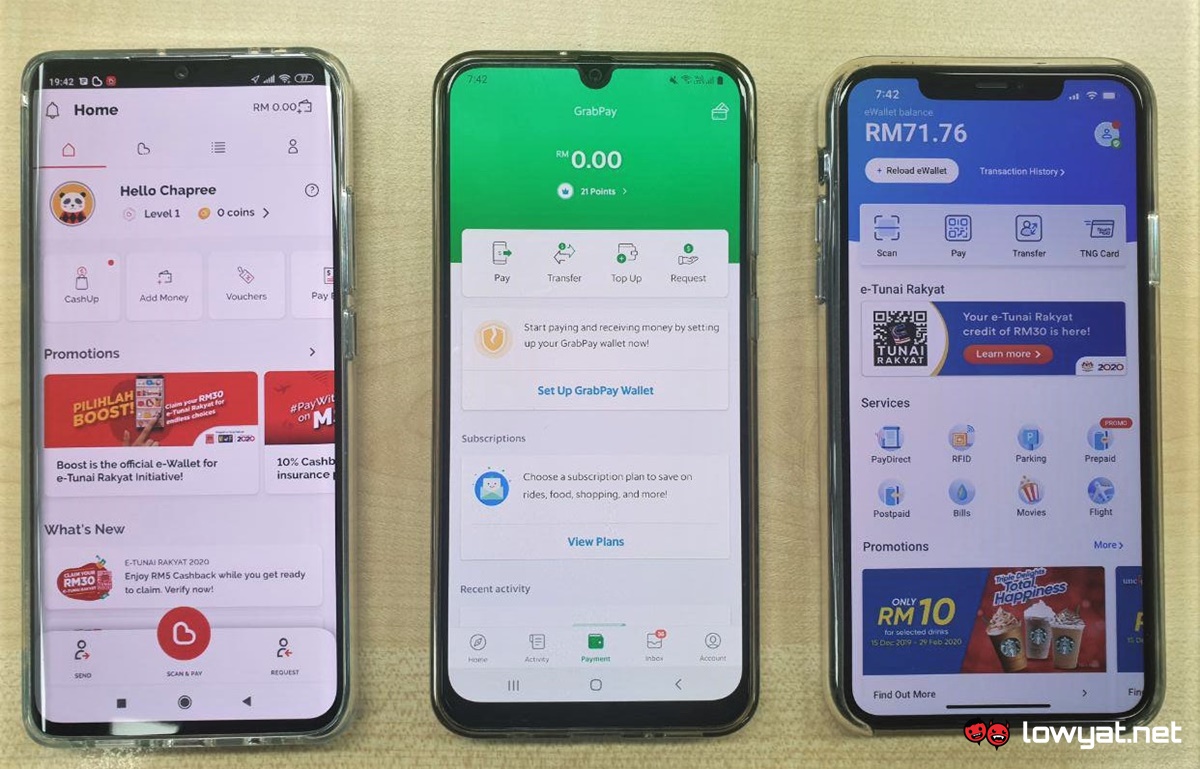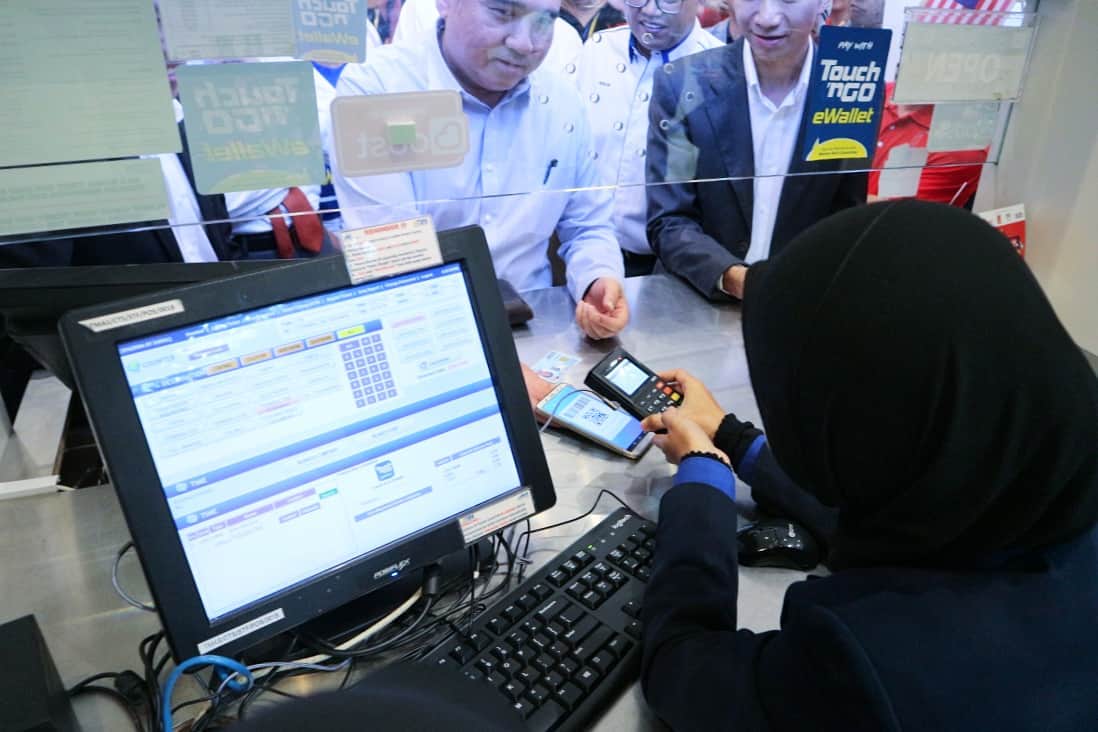According to Astro Awani, the scammers would offer to help the victims set up an e-wallet in their name, with the promise of up to RM300 being deposited in the digital wallet if the setup was successful. Like all scams, there’s a catch; all the victims “had to do” was provide their Identification Card (IC) details to the scammer. In order to expedite the registration process. The scammer simply fills out the details on an actual form, but instead of providing the victim’s address and contact details, they fill out this section with a specific number and address. Tied to the scammer’s group. By doing this, the scammer then gains access to the Transaction Authorisation Code (TAC) needed to gain access to the e-wallet.
Once the creation of the account is successful, the scammer then proceeds to call the victims through another number, posing as a police officer and an agent of the court. Informing the uninformed victims that they’ve been named in a non-existent drug case and that they will need to “move their assets” into the e-wallet to prevent them from being frozen. The Jabatan Siasatan Jenayah Komersil (JSJK) says that as many as 50 individuals have fallen prey to this e-wallet scheme since January this year. As you would expect, the victims also didn’t realise the scam until it was too late.
There is some good news to this story. At the time of writing, the JSJK says that it has already detained two men tied to the scam group. In addition, the government body had seized a total of six phones, 13 SIM cards and six ATM cards. That said, prevention is always better than cure and this incident serves as a constant reminder to never give our your personal details to individuals with a questionable background. (Source: Astro Awani)

